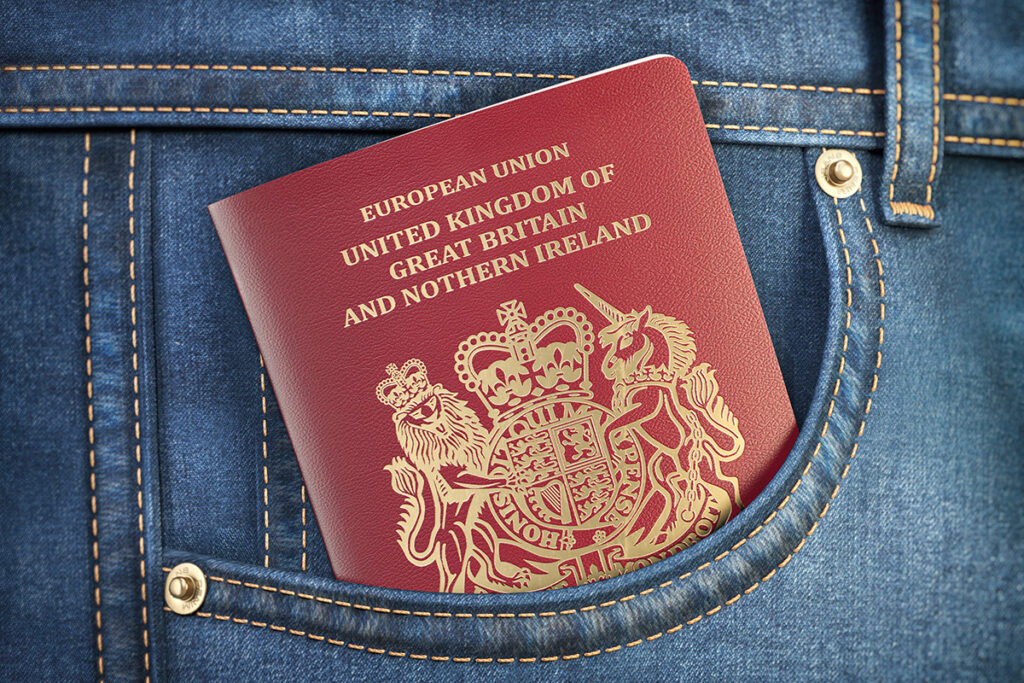2020, the year everything changed. The recruitment market booming. However, because of the pandemic, it was increasingly difficult to meet candidates in person and verify their identities. This was a challenge when conducting right-to-work checks. Luckily, the government relaxed the rules, allowing employers to accept scanned documents, photos or video evidence. Perfect for our clients who have long since been able to collect documentation via our Solo Interview feature.
Employers in the UK need to be aware of changes in the right-to-work documentation that will take effect on October 1st, 2022. Failing to comply with the new regulations could lead to a £20,000 fine or a ban on sponsoring visas for future foreign nationals. However, with preparations in place, employers can ensure they are compliant with the new regulations and continue to benefit from a talented workforce.
For UK/Irish nationals
From 1 October this year, there will only be two options, a manual (in-person) check, or a digital check using a digital identity service provider (IDSP).
Manual checks – meeting the candidate in person and ensuring that documents are original, untampered with and are a true likeness to the person. These copies should then be signed, dated and retained securely.
Digital (IDSP) – IDSPs will use Identification Document Verification Technology (IDVT) to check the documentation. IDSPs are only able to check valid passports that are not expired. So, if a candidate has an expired passport or is presenting a birth certificate instead, they’ll have to be checked manually.
At the moment there are only a few certified IDSPs on the gov.uk website, all of which incur a small fee in return for the verification.
For Non-UK/Irish nationals
Things are a little more simple here as the laws for this were updated in April of this year and seem to be going smoothly. In this case, foreign nationals who have a biometric residence card, biometric residence permit or frontier worker permit can only be checked online. Employers must receive a share code and date of birth and then confirm this via the Government’s online checking service. Luckily, there are no plans for this to change at the moment.
Confused? You’re not alone
Though a majority of participants were aware of the upcoming changes to digital identity regulations, 48% were unprepared for these changes.
This survey showed that many people are unaware of the new regulations and their implications. 72% believed driving licenses were an acceptable form of ID, when they have never been accepted before. 3% claimed they don’t conduct any checks at all, which is completely illegal.
It is important that we all stay informed about these changes and ensure our businesses are compliant with the new regulations. By doing so, we can help create a safer world in which to do business.
So, what now?
Talento will always support our clients with document collection, our industry-leading video platform can still be used for the collection of documents – Which we know is a feature many of our clients use on a regular basis. If you have any questions about right-to-work checks or how our systems can support your processes please get in touch, our team will be more than happy to help.
If you’re responsible for identity verification, now’s the time to ensure you’re complying with the new rules. If you have a work-from-anywhere policy, you’ll need an accredited IDSP to carry out your checks. If you’re in the office or have a hybrid policy, you can get them in person – we recommend this route regardless, as a backup, where you can. Most of us are still happy to leave the house every so often!
